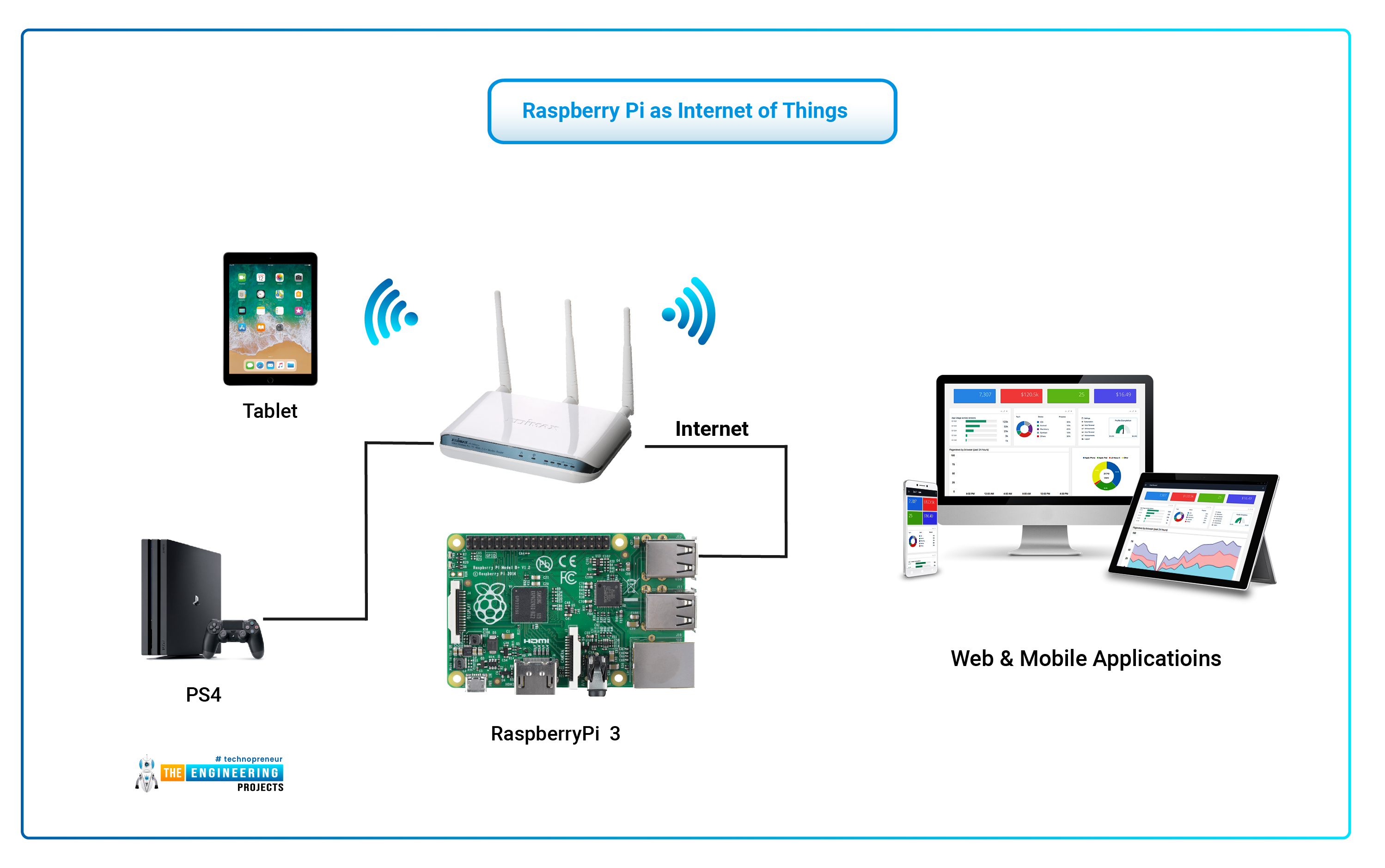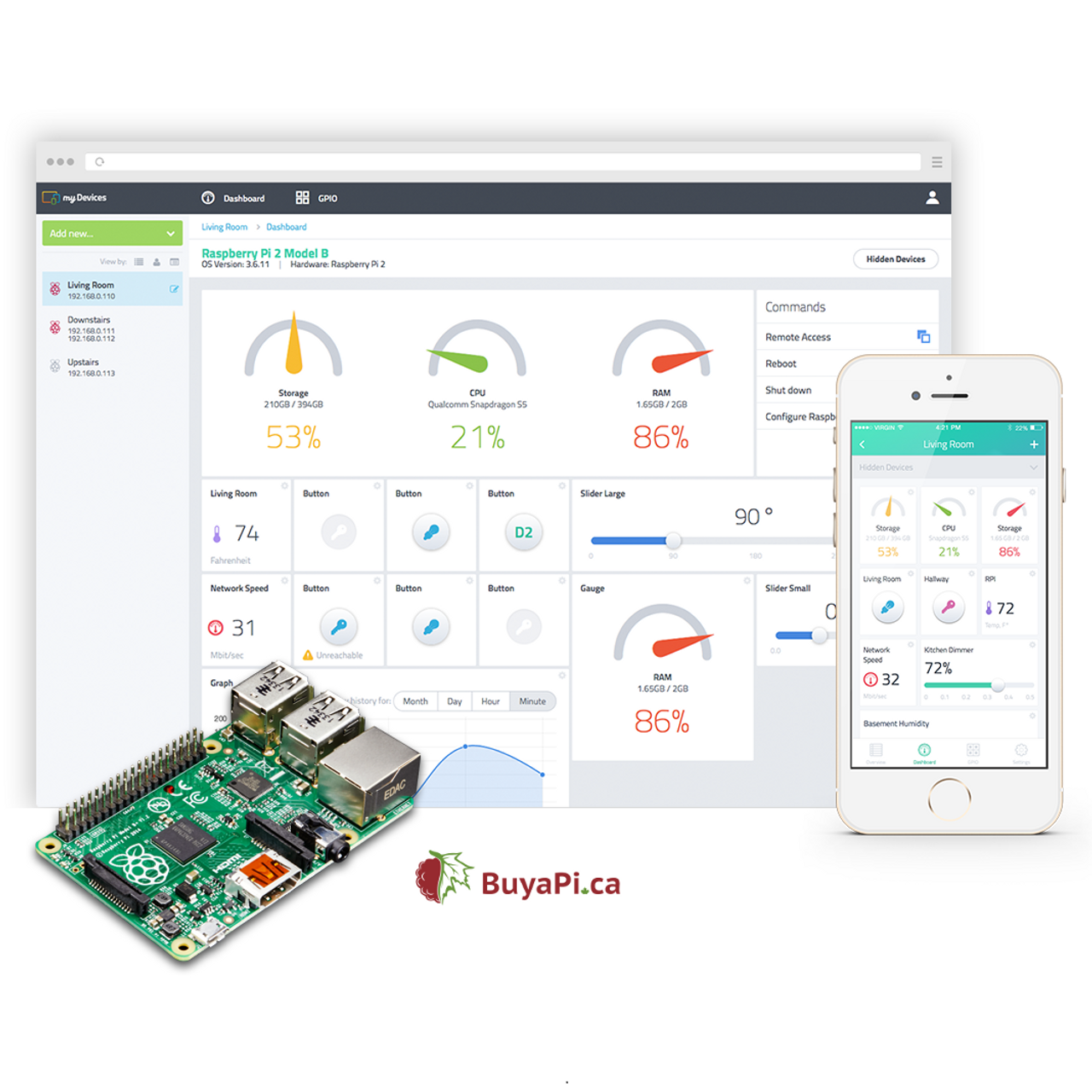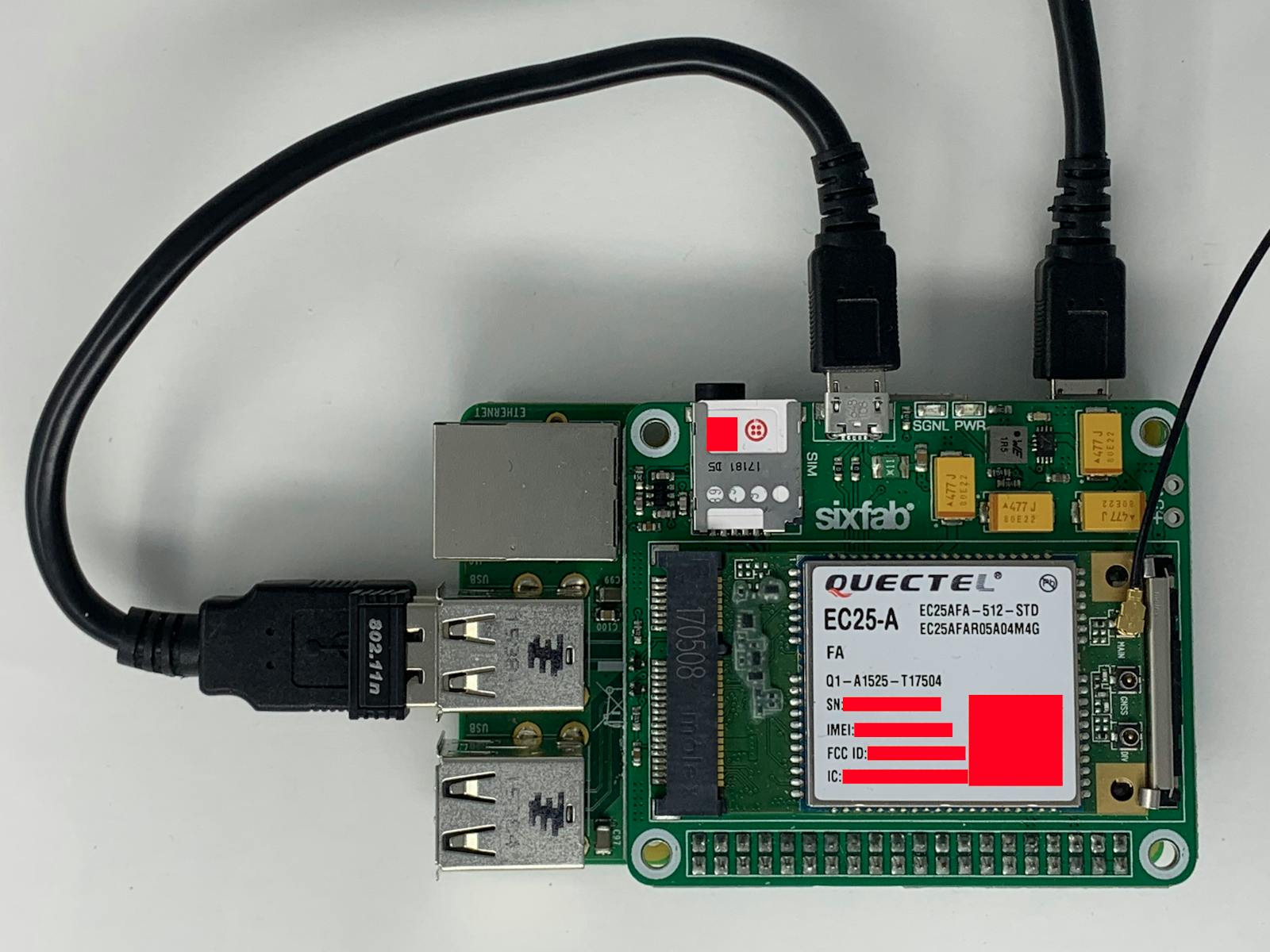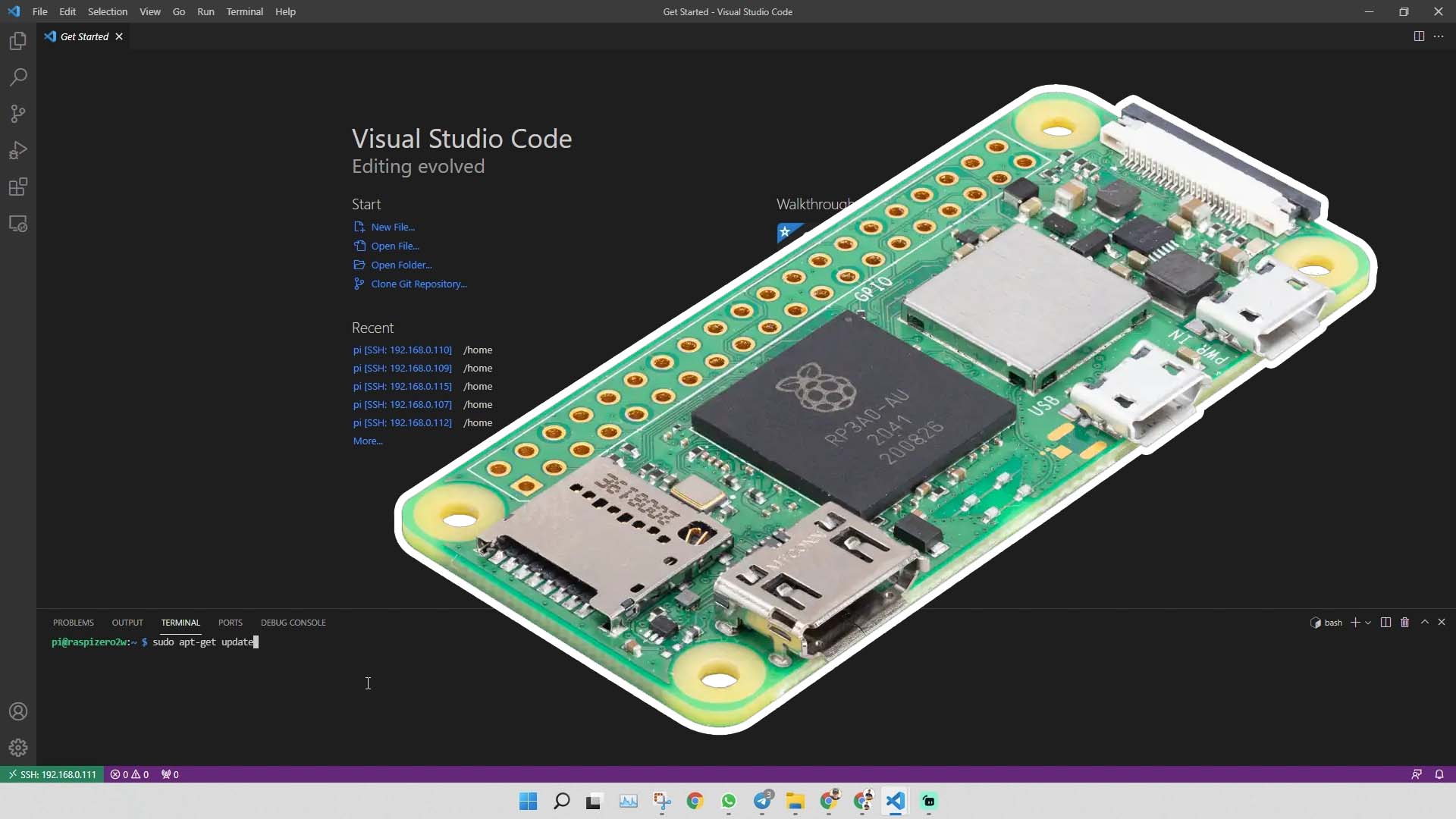Imagine this—you’ve got a Raspberry Pi sitting on your desk, just waiting to be turned into the brain of your next big IoT project. But where do you start? Well, finding the best SSH IoT platform for Raspberry Pi is like finding the secret sauce that turns your hardware into a powerhouse of connectivity and automation. Whether you're a seasoned maker or a hobbyist dipping your toes into the world of IoT, getting the right platform is crucial. It’s like picking the right pair of shoes for a marathon—it can either make you or break you.
SSH, or Secure Shell, is the backbone of remote management in the IoT world. It's what lets you securely connect to your Raspberry Pi from anywhere in the world, tweak settings, and monitor performance. Without a solid platform, all those dreams of smart homes, weather stations, or even your own personal AI assistant might just remain dreams. So, let’s dive into what makes an SSH IoT platform great, and how you can pick the best one for your needs.
But before we get into the nitty-gritty, let’s clear one thing up: this isn’t just a list of platforms. This is a deep dive into what works, what doesn’t, and why. We’ll explore the ins and outs of each option, talk about their strengths and weaknesses, and help you make an informed decision. Ready? Let’s roll!
Read also:Tachibana Mary The Rising Star Of The Anime World
Why SSH IoT Platforms Matter for Raspberry Pi
When you’re working with a Raspberry Pi, especially in IoT projects, having a reliable SSH IoT platform is non-negotiable. Think about it—your Pi is often tucked away in some corner of your house, or maybe even in a different city. How are you going to manage it without SSH? Platforms that offer robust SSH support ensure you can remotely access, configure, and troubleshoot your device without breaking a sweat.
SSH IoT platforms also bring a layer of security to the table. In a world where cyber threats are more common than ever, knowing that your device is protected by encryption and secure protocols gives you peace of mind. Plus, they often come with additional features like file transfer, automation scripts, and monitoring tools, making your life a whole lot easier.
Here’s the kicker: not all platforms are created equal. Some are lightweight and perfect for beginners, while others are feature-packed but require more technical know-how. Finding the right balance is key, and that’s exactly what we’re going to explore in this article.
Top 10 SSH IoT Platforms for Raspberry Pi
Now that we’ve established why SSH IoT platforms are essential, let’s take a look at the top contenders in the game. Each of these platforms has its own strengths and is suited for different types of projects. Let’s break them down one by one.
1. PlatformIO
PlatformIO is a favorite among makers and developers alike. It’s an open-source ecosystem that integrates seamlessly with Raspberry Pi, offering a wide range of tools for IoT development. With PlatformIO, you get a powerful IDE, library manager, and build system—all wrapped up in an easy-to-use package. Plus, its SSH capabilities are top-notch, allowing you to remotely manage your Pi with ease.
- Open-source and community-driven
- Supports a wide range of hardware and software
- Robust SSH integration
2. BalenaCloud
BalenaCloud is a cloud-based platform that simplifies IoT development and deployment. It’s designed specifically for managing fleets of IoT devices, making it perfect for large-scale projects. With BalenaCloud, you can remotely configure, monitor, and update your Raspberry Pi from anywhere in the world. Its SSH functionality is seamless, ensuring secure connections every time.
Read also:Megan Tilly The Rising Star Taking Hollywood By Storm
- Cloud-based management
- Scalable for large projects
- Automatic updates and backups
3. Resin.io
Resin.io, now part of the Balena family, is another excellent choice for IoT projects. It offers similar features to BalenaCloud, with a focus on simplicity and ease of use. Whether you’re building a smart home device or a commercial IoT solution, Resin.io has got you covered. Its SSH capabilities are reliable and secure, making it a go-to platform for many developers.
- Easy to set up and use
- Great for both hobbyists and professionals
- Strong community support
4. Home Assistant
Home Assistant is a popular choice for smart home enthusiasts. While it’s primarily designed for home automation, it also offers robust SSH functionality, making it a great platform for managing your Raspberry Pi. With Home Assistant, you can control all your smart devices from a single interface, and its SSH support ensures you can tweak settings remotely whenever needed.
- Perfect for smart home projects
- Large library of integrations
- Community-driven development
5. Node-RED
Node-RED is a flow-based programming tool that’s perfect for IoT projects. It allows you to visually design workflows and automate tasks without needing to write complex code. Its SSH capabilities are straightforward, making it easy to manage your Raspberry Pi remotely. If you’re looking for a platform that’s both powerful and user-friendly, Node-RED is worth considering.
- Flow-based programming
- No need for extensive coding skills
- Large community and plugin ecosystem
How to Choose the Best SSH IoT Platform for Raspberry Pi
With so many options available, choosing the right SSH IoT platform can be overwhelming. But don’t worry—we’ve got you covered. Here are some key factors to consider when making your decision:
1. Ease of Use
Let’s face it—nobody wants to spend hours figuring out how to use a platform. If you’re new to IoT development, look for platforms that are beginner-friendly and have a gentle learning curve. Platforms like PlatformIO and Node-RED are great choices if you’re just starting out.
2. Scalability
If you’re planning to expand your project in the future, scalability is a crucial factor. Platforms like BalenaCloud and Resin.io are designed to handle large-scale deployments, making them ideal for commercial or enterprise-level projects.
3. Security Features
In the world of IoT, security is paramount. Look for platforms that offer robust encryption, secure authentication, and regular updates to protect your devices from potential threats. SSH is a great start, but additional security features can give you extra peace of mind.
4. Community Support
Having a strong community behind a platform can make all the difference. Look for platforms with active forums, documentation, and tutorials. Platforms like Home Assistant and PlatformIO have thriving communities that can help you troubleshoot issues and learn new skills.
5. Cost
Finally, consider your budget. Some platforms offer free tiers, while others require paid subscriptions. Make sure to choose a platform that fits within your financial constraints without compromising on quality.
Top Features to Look for in an SSH IoT Platform
When evaluating SSH IoT platforms, there are certain features that can make or break your experience. Here’s a list of must-haves:
- Secure remote access via SSH
- File transfer capabilities
- Automation and scripting support
- Monitoring and analytics tools
- Regular updates and maintenance
These features ensure that your Raspberry Pi is not only secure but also easy to manage and maintain. They also provide the flexibility to adapt to changing project requirements.
Best Practices for Using SSH IoT Platforms
Once you’ve chosen the right platform, it’s important to use it effectively. Here are some best practices to keep in mind:
1. Secure Your Connection
Always use strong passwords and enable two-factor authentication (2FA) whenever possible. This adds an extra layer of security to your SSH connections, protecting your Raspberry Pi from unauthorized access.
2. Regularly Update Your Software
Keeping your platform and firmware up to date is crucial for maintaining security and performance. Many platforms offer automatic updates, but it’s always a good idea to check for updates manually as well.
3. Monitor Your Device
Regularly monitoring your Raspberry Pi can help you catch potential issues before they become major problems. Most SSH IoT platforms offer monitoring tools that let you track system performance, network activity, and more.
4. Automate Where Possible
Automation can save you a lot of time and effort. Use scripts and workflows to automate repetitive tasks, such as backups, updates, and system checks. Platforms like Node-RED and Home Assistant make automation a breeze.
Real-World Applications of SSH IoT Platforms
SSH IoT platforms aren’t just theoretical—they have real-world applications that can make a big impact. Here are a few examples:
1. Smart Home Automation
Using platforms like Home Assistant, you can create a fully automated smart home. Control lights, thermostats, security systems, and more—all from your Raspberry Pi. SSH allows you to manage everything remotely, ensuring your home is always under control.
2. Environmental Monitoring
Raspberry Pi, combined with an SSH IoT platform, can be used to monitor environmental conditions like temperature, humidity, and air quality. This is particularly useful for agriculture, weather forecasting, and industrial applications.
3. Industrial IoT Solutions
In the industrial sector, SSH IoT platforms can be used to monitor and control machinery, optimize processes, and improve efficiency. Platforms like BalenaCloud and Resin.io are perfect for these types of applications.
Future Trends in SSH IoT Platforms
The world of IoT is constantly evolving, and SSH IoT platforms are no exception. Here are some trends to watch out for:
1. Increased Security
As cyber threats become more sophisticated, platforms will need to step up their security game. Expect to see more advanced encryption, biometric authentication, and AI-driven threat detection in the future.
2. Edge Computing
Edge computing is becoming increasingly popular in IoT, allowing devices to process data locally rather than sending it to the cloud. This reduces latency and improves performance, making it a key feature for future SSH IoT platforms.
3. AI Integration
Artificial intelligence is already making waves in the IoT world, and its integration into SSH IoT platforms is inevitable. Expect to see more platforms offering AI-powered features like predictive maintenance, anomaly detection, and automated decision-making.
Conclusion
In conclusion, finding the best SSH IoT platform for your Raspberry Pi depends on your specific needs and project requirements. Whether you’re building a smart home, monitoring the environment, or developing industrial solutions, there’s a platform out there that’s perfect for you. By considering factors like ease of use, scalability, security, and community support, you can make an informed decision that will set you up for success.
So, what are you waiting for? Dive into the world of SSH IoT platforms and unlock the full potential of your Raspberry Pi. And don’t forget to leave a comment, share this article, or check out our other content for more tips and tricks. Happy building!
Table of Contents
- Why SSH IoT Platforms Matter for Raspberry Pi
- Top 10 SSH IoT Platforms for Raspberry Pi
- How to Choose the Best SSH IoT Platform for Raspberry Pi
- Top Features to Look for in an SSH IoT Platform
- Best Practices for Using SSH IoT Platforms
- Real-World Applications of SSH IoT Platforms
- Future Trends in SSH IoT Platforms
- Conclusion



